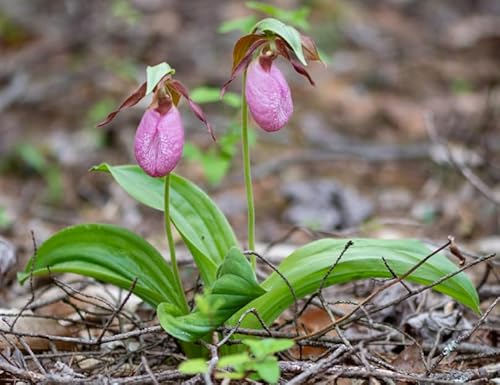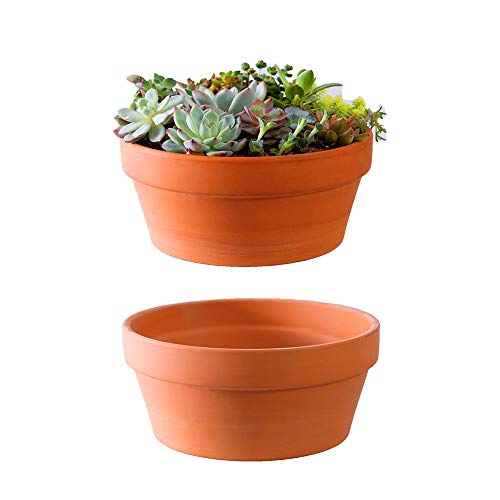You've gotten some good advice.
My 2 cents - role into it debt free. There is not enough of a margin to support interest payments. I was / am a hobby business seller, currently on a hiatus. I still have my personal collection, but have dialed back the orchid sales aspect. I still enjoy giving talks, and will do 3 or 4 a year, but I am not working shows, or ebay or my website at the moment. I may fire that all back up, but right now I have my hands full on a different project. The new "project" has enough space for a couple greenhouses, so in the future, I may be back as a vendor.
As Ed Hanes mentioned, niche specialty markets are difficult if you focus on just one. I will add that different niche groups of orchids come in and go out of fashion. I have a Phrag, that I sold the first division of for $ 7000, back in 1994, and today I have a hard time getting $45 for a division of the same plant. Out of fashion these days. And hybridizing has brought the standards up past where that plant is at. Orchids have no fixed value, they are only worth what the customer perceives them to be. Presentation is important, salesmanship, and of course "fashion" will play into it.
There are many times where the plants I sell at a show, just barely cover their own cost, and the profit for that show actually comes from the fertilizer or other supplies I sold.
Turnkey product can work well if you can get the cost of the product low enough. Buying boxes of in bud and bloom plants from Hawaii, and selling them before you have to water them twice, can work out, but you won't be making a 100% mark up on them. If you can find a Phal wholesaler who will actually put name tags in their plants, you can do well with Phals.
I made money on flasks when I had a current, up to date breeding collection of paphs and phrags, but it became difficult to keep ahead of the market for what was fashionable. Flasks were essentially turn key, get them in from the lab, then sell them. Selling seedlings did not work out as well as flasks. If your growing conditions are not ideal, seldom more than half the seedlings in a flask ever grow well enough to become saleable. They take time too. Depending on the species, some need a year or more in community pots before they can be put in individual pots to be sold. A lot can go wrong in that time, and mortalities will happen.
So, try to roll in with no debt, put together several "turnkey" product lines. Find a couple niche markets you understand. Keep an eye on what is coming in and going out of fashion. Bulbophyllums were the rage, then people got tired of smelling them.

Always present a product that the customer will feel is worth more than what you promised.
It can work, but there are many easier ways to make a living. The work involved will cause your enthusiasm for orchids to wear, orchids will become more work than fun. But there is a lot of satisfaction too. And when it all works well, it is rewarding.
Do the calculations, figure out how much in gross sales you need a week to give you a weekly net you can live off of. After listing all the expenses, your net will likely be less than 10% if the gross. Those numbers, if you are realistic, should scare you away from doing orchids full time. Part time hobby-business it can be fun, when I worked it I was able to afford to eat out more often. But I never made enough to make more than one mortgage payment a year.
Good luck.









































